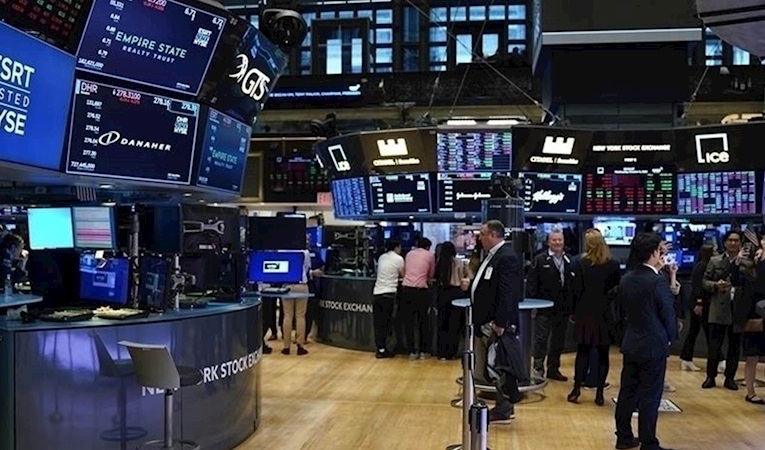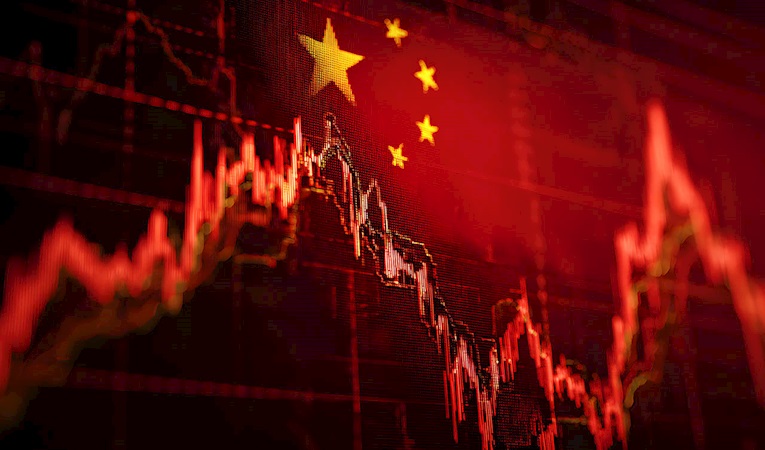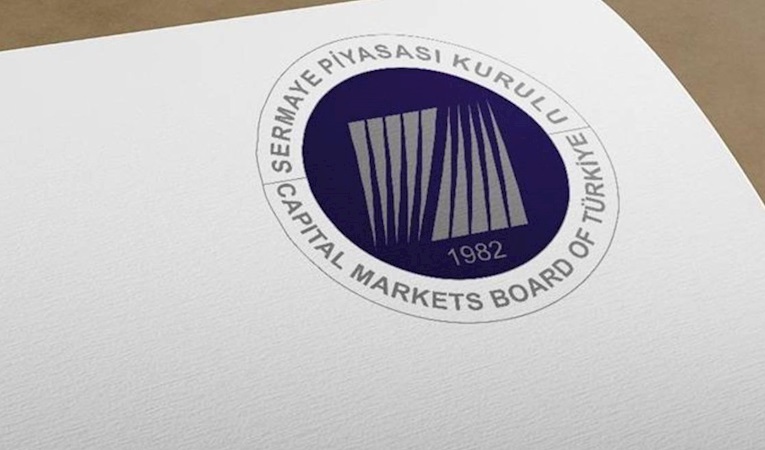
-
BIST 100
 11341,90%0,00En Düşük11291,08En Yüksek11354,26
11341,90%0,00En Düşük11291,08En Yüksek11354,26 -
DOLAR
 42,82%0,04Alış42,8118Satış42,8244En Yüksek42,8198
42,82%0,04Alış42,8118Satış42,8244En Yüksek42,8198 -
EURO
 50,23%0,22Alış50,2215Satış50,2420En Yüksek50,2384
50,23%0,22Alış50,2215Satış50,2420En Yüksek50,2384 -
EUR/USD
 1,17%0,09Alış1,1720Satış1,1721En Yüksek1,1725
1,17%0,09Alış1,1720Satış1,1721En Yüksek1,1725 -
ALTIN
 6059,77%1,55Alış6059,06Satış6060,48En Yüksek6061,88
6059,77%1,55Alış6059,06Satış6060,48En Yüksek6061,88
-
BIST 100
 11341,90%0,00En Düşük11291,08En Yüksek11354,26
11341,90%0,00En Düşük11291,08En Yüksek11354,26 -
DOLAR
 42,82%0,04Alış42,8118Satış42,8244En Yüksek42,8198
42,82%0,04Alış42,8118Satış42,8244En Yüksek42,8198 -
EURO
 50,23%0,22Alış50,2215Satış50,2420En Yüksek50,2384
50,23%0,22Alış50,2215Satış50,2420En Yüksek50,2384 -
EUR/USD
 1,17%0,09Alış1,1720Satış1,1721En Yüksek1,1725
1,17%0,09Alış1,1720Satış1,1721En Yüksek1,1725 -
ALTIN
 6059,77%1,55Alış6059,06Satış6060,48En Yüksek6061,88
6059,77%1,55Alış6059,06Satış6060,48En Yüksek6061,88
- Anasayfa
- Haberler
- Tüm Haberler
- New risk calculations
New risk calculations
In this environment, which risks should CEOs regard as high priority threats and what measures should they take against them? Here are the answers...
19.08.2014 22:46:220

Economists such as Marc Faber and Nouriel Roubini have recently been to pointing to a possible crisis with its origins in the USA. Another issue of debate has been whether the problems in Europe will or will not continue.
Domestically, the movement that started in December may peak as a result of the presidential election and the possibility of an early general elections. When one looks at this picture as a whole then it looks as though difficult times are awaiting the business community. In this environment, which risks should CEOs regard as high priority threats and what measures should they take against them? Here are the answers...
1- THE GLOBAL RISK IS CONTINUING
Many businesspeople rank global economic developments at the top of the list of risks, Kibar Holding CEO Tamer Saka is one of them. Saka notes that the global economic risks are continuing and makes the following evaluation: “These risks are reflected differently in Europe, the Far East and China, As a result, the uncertainties continue.
The other risk is Turkey’s internal dynamics. What our customers and the market see is important. The clarification of the position that foreigners take on Turkey is very important. It looks like 2014 will pass like this,” Limak Yatırım Board Chair Ebru Özdemir underlines in a similar way the global and regional risks, “The lower, or more volatile, growth of the global economy may affect our investment decisions and our ability to access financing,” says Özdemir.
2- THE POLITICAL UNCERTAINTY IN TURKEY
The political agenda is one of the risks that the business community follows closely. Makro Market General Manager Mehmet Songör ranks the political agenda first, “The most important risk is the instability and its repercussions resulting from an extraordinary political situation in Turkey,” he says, Songör continues as follows: “Unregulated competition and the problem of unprofitability are another risk for growth. ~
We are taking a number of preventative measures in this regard. We are trying to strengthen our brand. We are developing new products that will increase productivity.” Sabancı Holding Cement Group President Mehmet Göçmen ranks similar items top of the list. “We are continually reviewing our infrastructure and processes.
The situation we are experiencing at the moment suggests that there are equal opportunities for both risks and business development. Evaluating the opportunities will be important in the period ahead.”
3- THE INCREASING LIQUIDITY SQUEEZE
Finding financing and liquidity risks are important questions marks for all companies, regardless of their sector, in the period ahead. While listing the risks, Desa Deri General Manager Burak Çelet particularly singles out these issues.
“Monetary tightening, the high interest rate policy, a weakening of bank’s balance sheets compared with previous years and the expectations of a weakening in the inflow of resources from outside the country that are used to finance the current account deficit mean that we are trying to minimize our needs for operating capital,” he says.
4- THE CONCERN ABOUT EUROPE CONTINUES
Companies’ agendas are occupied by risks resulting from changing market conditions. Zorlu Holding CEO Ömer Yüngü draws particular attention to the danger signals coming from Europe and continues: “A contraction in the market in Europe heads the list of the most important risks that we see in relation to the period ahead,” he says.
“We are faced with a risk of a loss in the value of the market in Europe. The ongoing contraction has a significant effect on export-oriented activities.” Toyota Otomotiv CEO Orhan Özer approaches the issue as follows: “Turkey exports 80 per cent of its automotive output to Europe.~
This situation makes things difficult for producers who export to Western Europe in particular. In order to overcome this, they are looking to open up new markets. This is also the case with us. Now, in addition to Africa, we are also exporting to Central Asian countries such as Kazakhstan and Georgia.”
5- IF PRICES RISE STEEPLY?
Costs, particularly the costs of raw materials, also appear in the CEOs’ risk lists. Brisa General Manager Hakan Bayman says: “Raw material costs account for approximately 70 per cent of our total product costs.”
He continued: “We are trying to minimize the risks that may result from future steep changes in price and imbalances in supply by stabilizing prices and shifting a certain proportion of our purchases of raw materials onto future contracts.”
Aydınlı Group CEO Ahmed Sait Kavurmacı draws attention to the same risk. “In the future there will be fluctuations in commodity prices, exchange rates, funding costs and funding conditions,” he says. “You need to manage cash flow well in order to minimize the effects of these factors. We have also shifted our short term borrowing onto the longer term. We have cashed in our risky receivables.”
6- SENSITIVE PERIOD IN DEMAND
The contraction in domestic demand is another of the areas that has to be managed carefully in the period ahead. Because several sectors are expecting a contraction. One of these is the automotive sector.~
“The uncertainty in the exchange rate, the increase in the rate of Special Consumption Tax (ÖTV) and the amendments to automobile credits mean that there is a risk of a contraction in our sector this year. We forecast a contraction of around 30 percent, which is a significant decrease that affects all brands,” says Toyota Türkiye Sales and Marketing CEO Ali Haydar Bozkurt, and he continues:
“We planned to adopt a cautious stance in 2014. But for us being cautious does not mean postponing projects or foreseeing a decline in market share. We should be ready for every kind of condition on the market.”
7- INTEREST AND EXCHANGE RATE ALARM
The fluctuating exchange rate and the interest rate risk are among the data monitored carefully by the business community. Ece Holding Board Chair Erdem Çenesiz says: “A period of political uncertainty, particularly one when interest rates rise, means that we are faced with a risk of a real decline in housing sales. In the face of a possible contraction in the domestic market, we are continuing with our plans for growth on foreign markets.”
Sarkuysan General Manager Hayrettin Çaycı touches on the same issues. Çaycı’s assessment is as follows: “I give importance to three basic risk factors in the period ahead: exchange rate risk as a result of political instability, the performance of the Chinese economy over the year, which will have an impact on the prices of raw materials, borrowing costs and a rise in interest rates above a reasonable level. In order to overcome these risks, we are giving importance to hedging our financial risks.”
Domestically, the movement that started in December may peak as a result of the presidential election and the possibility of an early general elections. When one looks at this picture as a whole then it looks as though difficult times are awaiting the business community. In this environment, which risks should CEOs regard as high priority threats and what measures should they take against them? Here are the answers...
1- THE GLOBAL RISK IS CONTINUING
Many businesspeople rank global economic developments at the top of the list of risks, Kibar Holding CEO Tamer Saka is one of them. Saka notes that the global economic risks are continuing and makes the following evaluation: “These risks are reflected differently in Europe, the Far East and China, As a result, the uncertainties continue.
The other risk is Turkey’s internal dynamics. What our customers and the market see is important. The clarification of the position that foreigners take on Turkey is very important. It looks like 2014 will pass like this,” Limak Yatırım Board Chair Ebru Özdemir underlines in a similar way the global and regional risks, “The lower, or more volatile, growth of the global economy may affect our investment decisions and our ability to access financing,” says Özdemir.
2- THE POLITICAL UNCERTAINTY IN TURKEY
The political agenda is one of the risks that the business community follows closely. Makro Market General Manager Mehmet Songör ranks the political agenda first, “The most important risk is the instability and its repercussions resulting from an extraordinary political situation in Turkey,” he says, Songör continues as follows: “Unregulated competition and the problem of unprofitability are another risk for growth. ~
We are taking a number of preventative measures in this regard. We are trying to strengthen our brand. We are developing new products that will increase productivity.” Sabancı Holding Cement Group President Mehmet Göçmen ranks similar items top of the list. “We are continually reviewing our infrastructure and processes.
The situation we are experiencing at the moment suggests that there are equal opportunities for both risks and business development. Evaluating the opportunities will be important in the period ahead.”
3- THE INCREASING LIQUIDITY SQUEEZE
Finding financing and liquidity risks are important questions marks for all companies, regardless of their sector, in the period ahead. While listing the risks, Desa Deri General Manager Burak Çelet particularly singles out these issues.
“Monetary tightening, the high interest rate policy, a weakening of bank’s balance sheets compared with previous years and the expectations of a weakening in the inflow of resources from outside the country that are used to finance the current account deficit mean that we are trying to minimize our needs for operating capital,” he says.
4- THE CONCERN ABOUT EUROPE CONTINUES
Companies’ agendas are occupied by risks resulting from changing market conditions. Zorlu Holding CEO Ömer Yüngü draws particular attention to the danger signals coming from Europe and continues: “A contraction in the market in Europe heads the list of the most important risks that we see in relation to the period ahead,” he says.
“We are faced with a risk of a loss in the value of the market in Europe. The ongoing contraction has a significant effect on export-oriented activities.” Toyota Otomotiv CEO Orhan Özer approaches the issue as follows: “Turkey exports 80 per cent of its automotive output to Europe.~
This situation makes things difficult for producers who export to Western Europe in particular. In order to overcome this, they are looking to open up new markets. This is also the case with us. Now, in addition to Africa, we are also exporting to Central Asian countries such as Kazakhstan and Georgia.”
5- IF PRICES RISE STEEPLY?
Costs, particularly the costs of raw materials, also appear in the CEOs’ risk lists. Brisa General Manager Hakan Bayman says: “Raw material costs account for approximately 70 per cent of our total product costs.”
He continued: “We are trying to minimize the risks that may result from future steep changes in price and imbalances in supply by stabilizing prices and shifting a certain proportion of our purchases of raw materials onto future contracts.”
Aydınlı Group CEO Ahmed Sait Kavurmacı draws attention to the same risk. “In the future there will be fluctuations in commodity prices, exchange rates, funding costs and funding conditions,” he says. “You need to manage cash flow well in order to minimize the effects of these factors. We have also shifted our short term borrowing onto the longer term. We have cashed in our risky receivables.”
6- SENSITIVE PERIOD IN DEMAND
The contraction in domestic demand is another of the areas that has to be managed carefully in the period ahead. Because several sectors are expecting a contraction. One of these is the automotive sector.~
“The uncertainty in the exchange rate, the increase in the rate of Special Consumption Tax (ÖTV) and the amendments to automobile credits mean that there is a risk of a contraction in our sector this year. We forecast a contraction of around 30 percent, which is a significant decrease that affects all brands,” says Toyota Türkiye Sales and Marketing CEO Ali Haydar Bozkurt, and he continues:
“We planned to adopt a cautious stance in 2014. But for us being cautious does not mean postponing projects or foreseeing a decline in market share. We should be ready for every kind of condition on the market.”
7- INTEREST AND EXCHANGE RATE ALARM
The fluctuating exchange rate and the interest rate risk are among the data monitored carefully by the business community. Ece Holding Board Chair Erdem Çenesiz says: “A period of political uncertainty, particularly one when interest rates rise, means that we are faced with a risk of a real decline in housing sales. In the face of a possible contraction in the domestic market, we are continuing with our plans for growth on foreign markets.”
Sarkuysan General Manager Hayrettin Çaycı touches on the same issues. Çaycı’s assessment is as follows: “I give importance to three basic risk factors in the period ahead: exchange rate risk as a result of political instability, the performance of the Chinese economy over the year, which will have an impact on the prices of raw materials, borrowing costs and a rise in interest rates above a reasonable level. In order to overcome these risks, we are giving importance to hedging our financial risks.”
Türkiye ve dünya ekonomisine yön veren gelişmeleri yorulmadan takip edebilmek için her yeni güne haber bültenimiz “Sabah Kahvesi” ile başlamak ister misiniz?






